The Bank of Korea (BoK) decided on February 23 to keep its base interest rate unchanged at 3.5 percent after the ninth consecutive meeting of the seven-member Monetary Policy Council to curb inflation and household debt.
The BOK has kept its monetary policy steady since February last year as it sees inflationary pressures easing amid rising household debt. South Korea's overall inflation fell to a six-month low last month, rising just 2.8 percent year-on-year.
The BoK aims to bring this figure down to 2% and a majority (5/7) of Monetary Policy Board members believe it will take time to achieve the target as “the outlook for easing inflation remains highly uncertain”.
The BoK assessed that in the near future, consumer price inflation will temporarily increase slightly due to increased agricultural prices but will then gradually decrease.
Meanwhile, household debt in Korea is expected to continue to rise, reducing consumer spending and holding back economic growth, according to the BoK.
Household loans extended by banks in South Korea increased for the 10th consecutive month in January, according to statistics.
In addition, the BoK also assessed that risks related to capital sources for real estate projects still remain. Therefore, the Monetary Policy Board "will maintain a restrictive policy stance for a sufficiently long period" until inflation reaches the 2% target.
The BoK expects South Korea's gross domestic product (GDP) to grow 2.1 percent this year on a healthy economic outlook, in line with its forecast last November, and inflation for the full year is also forecast to remain unchanged at 2.6 percent.
Speaking at a press conference on February 23, BOK Governor Rhee Chang-yong ruled out the possibility of a rate cut in the next three months. “As the economic outlook is basically unchanged from last November, a rate cut in the first half of the year is unlikely,” Rhee said.
While the BoK's decision to keep its benchmark interest rate unchanged was widely expected, economists and analysts expect the rate cut to begin as early as May 2024. This is also in line with comments by Governor Rhee Chang-yong. While Governor Rhee stressed that an early rate cut is unlikely, he hinted that the BoK could change course based on its revised forecasts for next May.
According to economist Dave Chia at Moody's Analytics, if the US Federal Reserve (Fed) cuts interest rates in May 2024, this will be an incentive for the BoK to consider following suit, because otherwise, the interest rate differential will cause the won to appreciate and hurt exports, which are the growth engine of the Korean economy.
Meanwhile, JPMorgan Chase bank predicts that the BoK will start lowering interest rates in the third quarter of this year.
Park Seok Gil, chief South Korean economist at the bank, said the BOK is likely to reconsider its hawkish stance at its May 2024 meeting with revised macro forecasts.
If inflation trends are consistent with the BoK's current expected path, the Monetary Policy Board may suggest adjusting the level of policy tightening at the meeting to signal the first rate cut in the third quarter of this year.
Minh Hoa (according to Tin Tuc newspaper, Dau Tu newspaper)
Source








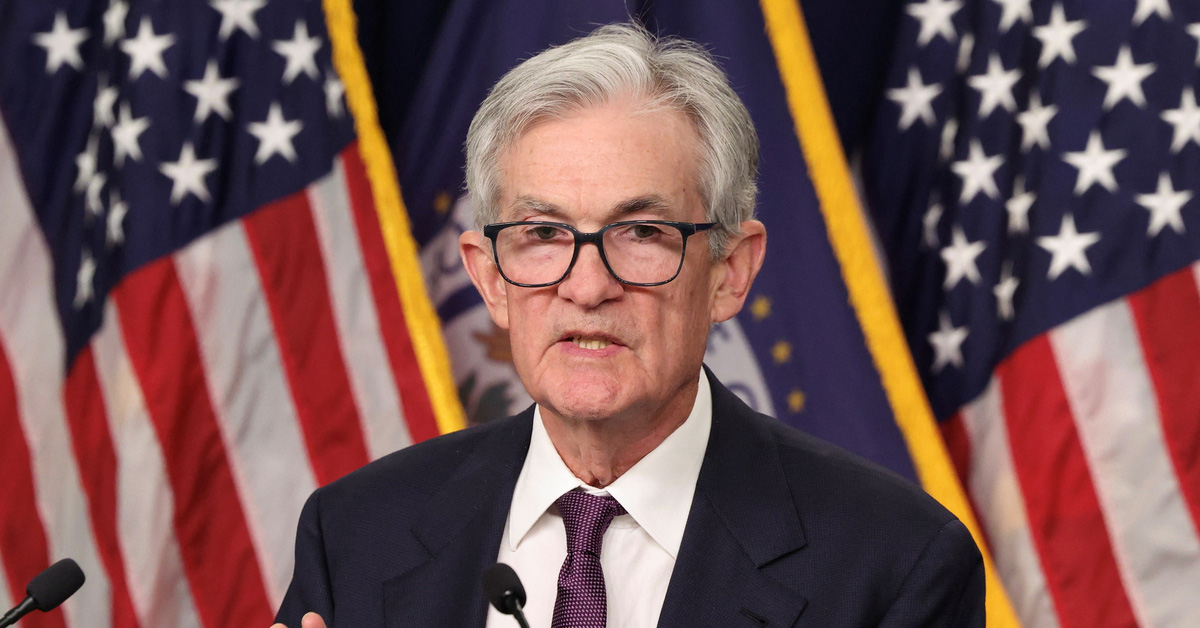

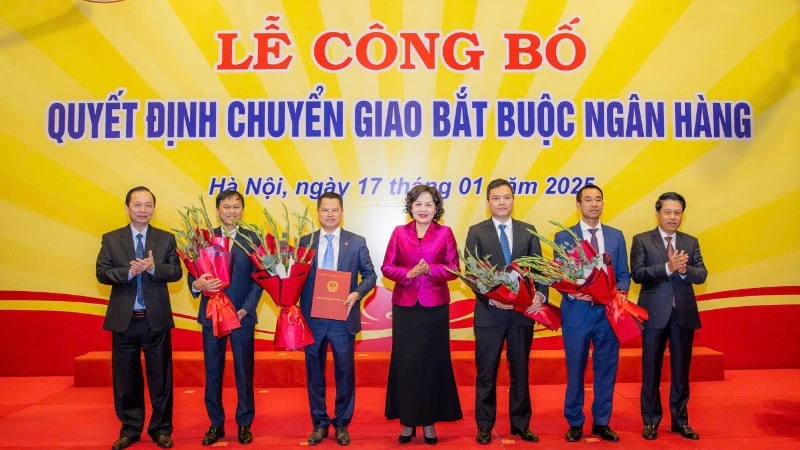



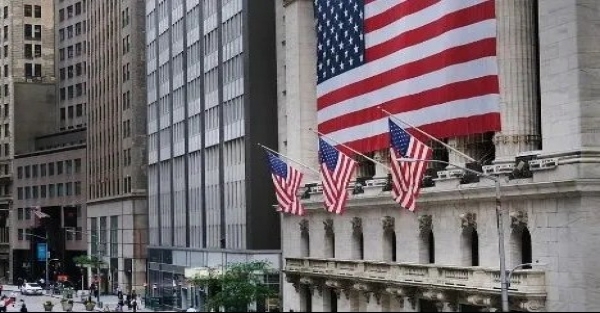





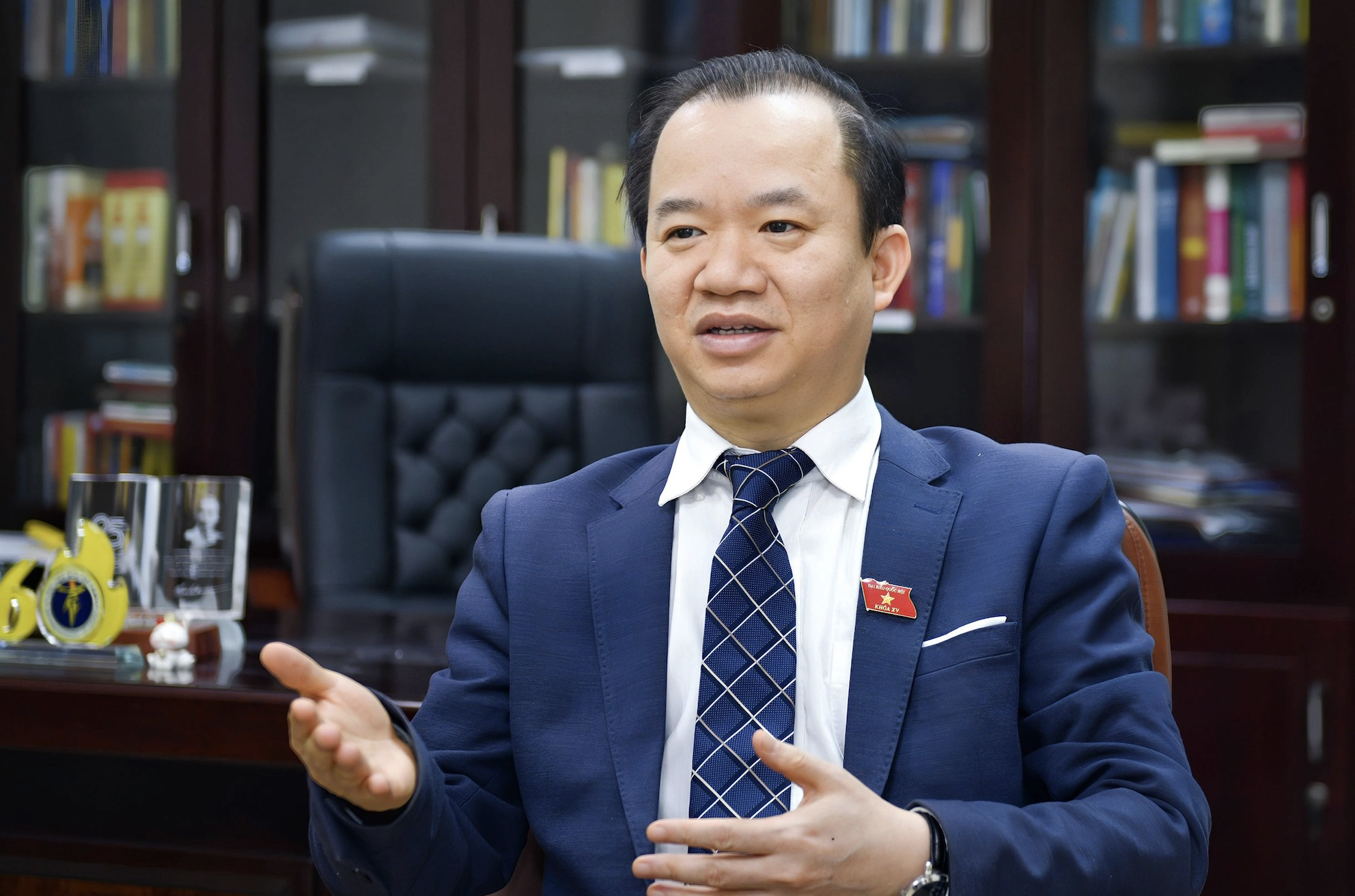









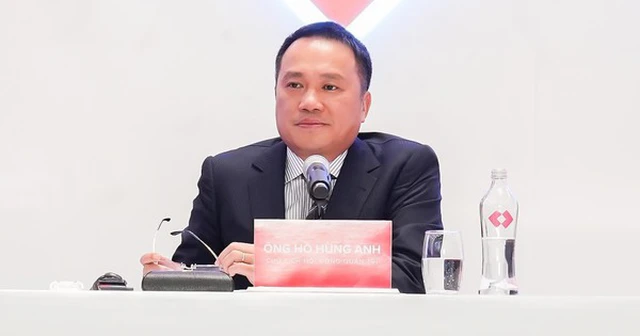
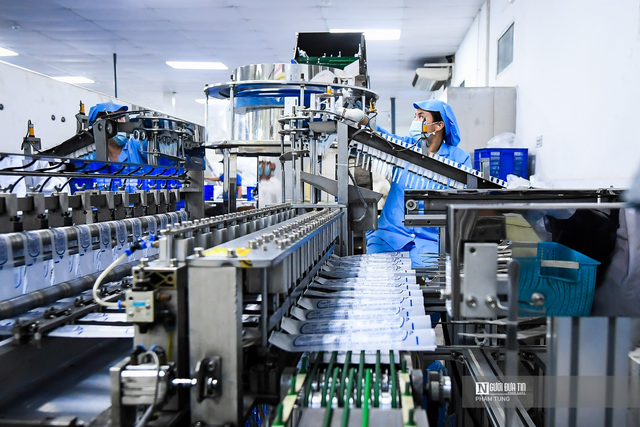
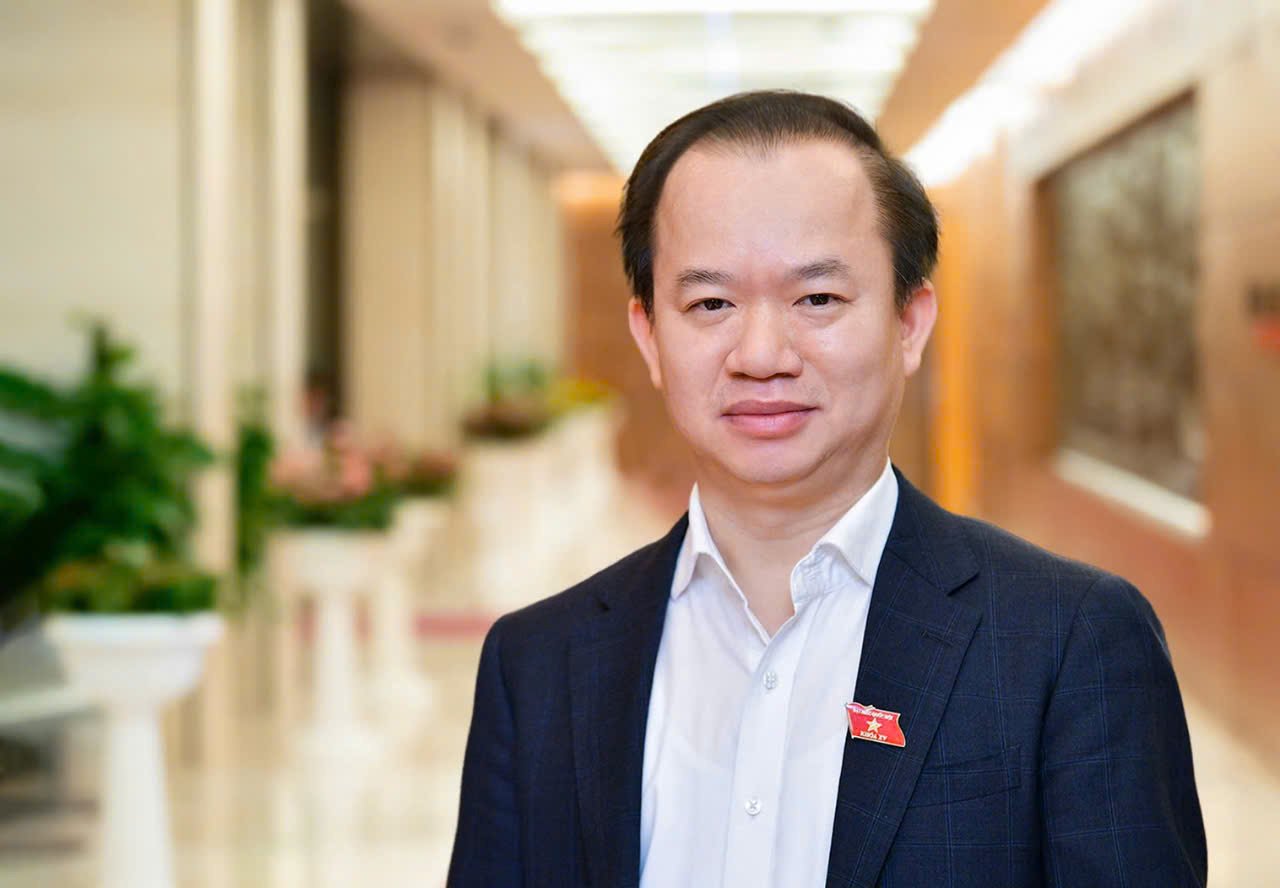










![[Photo] Prime Minister Pham Minh Chinh chairs Government Conference with localities on economic growth](https://vstatic.vietnam.vn/vietnam/resource/IMAGE/2025/2/21/f34583484f2643a2a2b72168a0d64baa)
























































Comment (0)